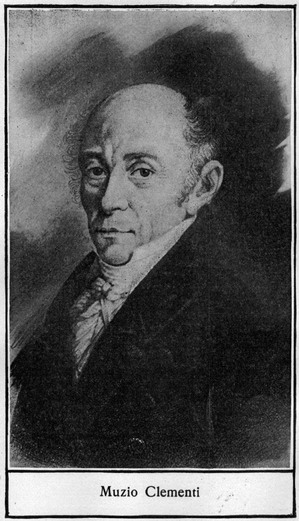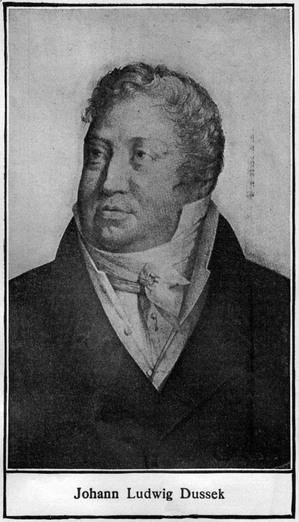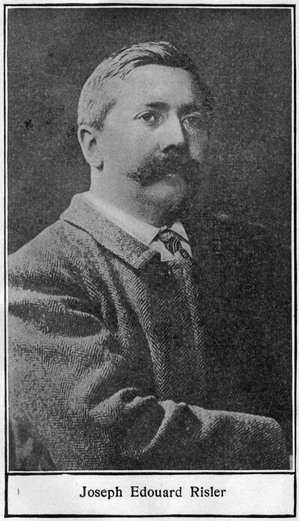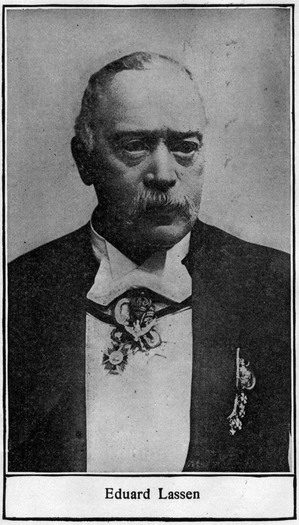Sauret was born at Dun-le-Roi, Cher, France, May 22, 1852. His first and only teacher was de Bériot. He commenced his career as a virtuoso when quite young, and visited nearly all the principal cities of Europe. He also played often at the French Court in the days of the second Empire. He first visited the United States in 1872 with Strakosch, returning to America two years later, and remaining until 1876. He made his first appearance at the Gewandhaus, Leipsic in 1876, under the direction of Rubinstein, and won instant favor. While in Leipsic he studied composition under Jadassohn, but soon returned to America. A European tour in Germany and Austria in 1877 attracted a great deal of attention and won him his first real recognition in his own country, France. Sauret was a friend of Franz Liszt, and the two artists often appeared together. In 1879, he was appointed professor of the violin at the Kullak Academy in Berlin, where he remained for over ten years. This position was given up in 1890 in favor of a similar position at the Royal Academy of Music in London. After thirteen years in the British capital, Sauret undertook a similar post at the Chicago Musical College, from which he retired in 1906. His playing is typical of the grace and elegance of the French school, and his compositions include a Concerto for violin and orchestra, besides many other works for violin and orchestra, and salon pieces.
 MUZIO CLEMENTI.
MUZIO CLEMENTI.
(Kleh-men’-te).
Clementi was born at Rome, 1752, and died at Evesham, England, March 10, 1832. In his ninth year he won a position as organist, and attracted considerable attention. In his fourteenth year, Peter Beckford took him to England, where he studied music until 1770. In that year he made his London début with overwhelming success. From 1770 to 1780 he was cembalist (conductor) at the Italian opera in London, and the following year he toured Europe. When in Vienna he entered into a “friendly” contest with Mozart at the instigation of the Emperor, but the result was inconclusive. In 1802 he returned to England, where he spent the remainder of his life, except for a tour to Paris in 1785. He lost a considerable sum with the failure of a firm of manufacturers of musical instruments, and went into business for himself. The firm of piano manufacturers which he founded still survives under the name of Collard & Collard. His compositions have had great influence on the work of subsequent composers, as the sonata form for piano was largely fixed by him, and his sonatas were much admired by Beethoven. His collection of one hundred piano studies known as the Gradus ad Parnassum are the basis upon which modern pianism rests. The respect in which he was held in his adopted country is shown by the fact that he was buried in Westminster Abbey.
 JOHANN LUDWIG DUSSEK.
JOHANN LUDWIG DUSSEK.
(Doo’-shek).
Dussek was born at Czaslau, Bohemia, February, 9, 1761, and died at St.-Germain-en-Laye, France, March 20, 1812. He commenced his piano studies in his fifth year, and his organ studies in his ninth year, and was soon able to aid his father, a successful musician. His phenomenal skill destined Dussek for something better than this, and he soon started out on his travels, which practically never ended until the day of his death, for he was a restless soul. He was especially fond of Hamburg, where, during his twenty-second year, he studied with Emanuel Bach. He frequently returned there after long absences. After a sojourn in St. Petersburg he went to Paris in 1786, where he was in high favor with Marie Antoinette. About this time, he added to his laurels as a pianist by performing on the harmonica (musical glasses), and on visiting his brother in Milan, his success with this forgotten instrument was even greater than that with the piano. In 1788 Dussek met with such success in London that he remained there nearly twelve years. Failure in a business enterprise drove him to his beloved Hamburg in 1800 to avoid his creditors. After further adventures, he became attached to the household of Prince Louis Ferdinand, until the prince’s death, when he went to Prince Isenburg. Finally Dussek became attached to the household of Talleyrand in Paris, with whom remained until he died. He had great gifts as a composer, but failed to make the most of them.
 JOSEPH EDOUARD RISLER.
JOSEPH EDOUARD RISLER.
(Ris-lehr).
Risler was born at Baden-Baden, February 23, 1873, and studied at the Paris Conservatory of Music, where he gained prizes for piano playing and harmony. On leaving the Conservatory he studied with Stavenhagen, d’Albert, and Klindworth. A European tour followed and Risler gained a reputation as a pianist which subsequent events have fully justified. In 1896-97 he assisted in the Bayreuth productions, and also in the production of Die Meistersinger at Paris. In 1906 he was made a member of the Conseil Supérieur of the Paris Conservatory. He is particularly skillful in his rendering of Beethoven’s music, and is famous for his remarkable technic. Grove’s Dictionary says of his performance in England in 1894: “His playing was then found to be singularly free from affectation, although in his later years he has yielded to certain mannerisms which detract from the artistic beauty of his earlier performances.” Risler occupies a very important position in the musical world of Paris to-day, and is undoubtedly one of the foremost living virtuosos. Up to the present he has not been heard in the United States, but it is hoped that the near future will afford Americans an opportunity of becoming acquainted with his work. Risler has not won any distinction as a composer, though he has written a piano transcription of Richard Strauss’s tone-poem, Till Eulenspiegel for concert use.
Lassen was born at Copenhagen, April 13, 1830, and died at Weimar, January 15, 1904. In his second year he was taken to Brussels, and in his twelfth entered the conservatory of that city. He took the first piano prize in 1847, and also the first harmony prize, and the second prize for composition. In 1851 he gained the “prix de Rome” and toured Germany and Italy. After a futile attempt in Brussels to obtain a hearing for his opera Landgraf Ludwig’s Brautfahrt, he went to Weimar, where Liszt befriended him. The next year he obtained the post of court music master, and when Liszt retired from the opera directorship in 1861, Lassen succeeded him. The same year, he produced a second opera, Frauenlob, and in 1868, Brussels atoned for its former neglect by welcoming his opera Le Captif. Lassen was a strenuous Wagnerite, and produced Tristan and Isolde at Weimar in 1874 at a time when no other theater but that at Munich had the courage to do so. As a composer he is remembered more by his songs than anything, and some of his works in this form are very beautiful. Ah! ‘Tis a Dream, and Thine Eyes so Blue and Tender, are still popular with all genuine music lovers. His symphony in D, several overtures, etc., testify to his industry, and are not entirely forgotten. Like many other composers he went to Goethe for inspiration, and his Faust music has kept the stage all over Germany.
David Bispham was born January 5, 1857, at Philadelphia, Pa., and was intended for a business career. He appeared as an amateur in many concerts, church affairs, and in his college Glee Club, etc., and finally went to Milan, 1886, to study with Vannuccini and Lamperti until 1889. He then went to London, studying voice with William Shakespeare and elocution with Herman Vezin. He made his début on the stage at the Royal Opera House in 1891, and won immediate favor. Further successes followed and Bispham rapidly became absorbed in the musical life of England, singing not only in opera at Covent Garden, but also on the concert platform and at the choral festivals, which form such an extensive feature in English musical life. Nevertheless he was not neglected in America, and on the production of Walter Damrosch’s Scarlet Letter, he was the original Chillingworth. As a singer in Wagner opera, he has been exceedingly successful and is said to be one of the most sympathetic and successful exponents of the part of Kurwenal. He has also appeared as Wotan, the Dutchman, Wolfram, Telramund, and in fact in nearly all the principal Wagner baritone roles. For many years he was as popular at Covent Garden as at the Metropolitan opera house. At present his services are in constant demand, owing to his astonishing skill both as a singer and as an actor. Few American singers have had so successful a career, and none has better deserved it.






